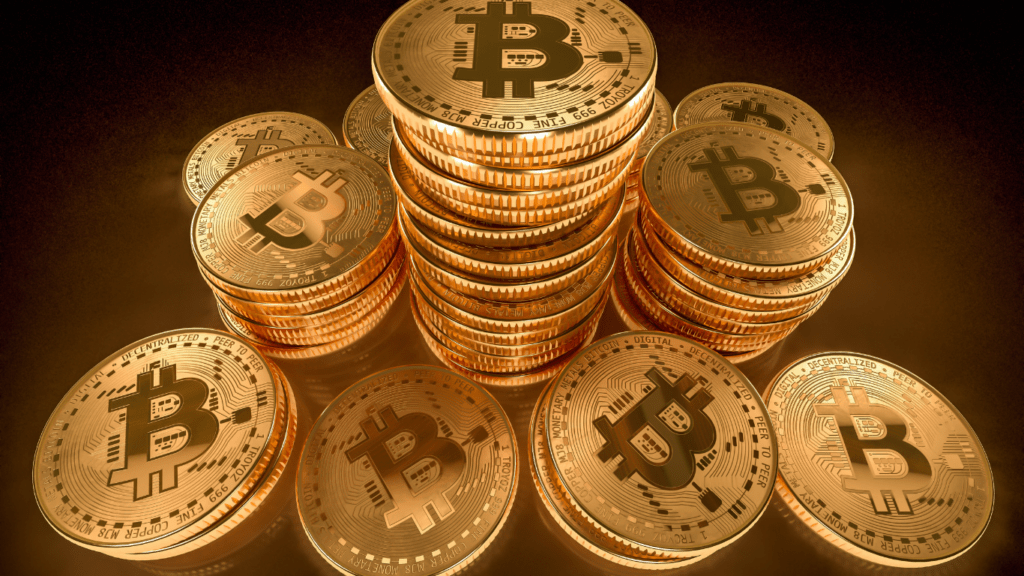Blockchain technology isn’t just revolutionizing finance; it’s reshaping industries across the board. From healthcare to supply chain management, the impact of blockchain is profound and far-reaching. As an avid observer of technological advancements, I’ve witnessed firsthand how blockchain is transforming traditional processes, offering transparency, security, and efficiency like never before.
In this article, I’ll delve into the diverse sectors experiencing the disruptive power of blockchain beyond the confines of finance. As I explore real-world applications and case studies, you’ll discover how this decentralized technology is fostering trust, streamlining operations, and opening up new possibilities for innovation. Join me on this insightful journey to uncover the untapped potential of blockchain across various industries.
Healthcare Industry Transformation
Blockchain technology is revolutionizing not only the financial sector but also making significant strides in transforming the healthcare industry. In my exploration of blockchain’s impact on various sectors, I have witnessed firsthand how this technology is reshaping the healthcare landscape by introducing unparalleled transparency, security, and efficiency to traditional processes.
In healthcare, blockchain ensures the integrity and security of patient data by providing an immutable ledger that stores information in a decentralized and encrypted format. This not only enhances data privacy but also streamlines access to critical medical records, leading to more efficient and coordinated patient care.
Moreover, blockchain facilitates the seamless sharing of medical information among different healthcare providers while maintaining data accuracy and reliability. This interoperability not only improves patient outcomes by enabling better-informed decision-making but also reduces redundancies in diagnostic procedures and treatments.
One of the most promising applications of blockchain in healthcare is in supply chain management, where it enables end-to-end visibility of pharmaceuticals and medical devices. By tracking the entire journey of healthcare products from manufacturer to end-user, blockchain ensures authenticity, reduces the risk of counterfeit products, and enhances patient safety.
Overall, the integration of blockchain technology in the healthcare industry is paving the way for a more secure, transparent, and patient-centric ecosystem. As these advancements continue to unfold, we can anticipate even greater innovation, improved outcomes, and enhanced trust in healthcare systems worldwide.
Supply Chain Revolution
In exploring the impact of blockchain technology on various industries, I delve into its transformative effects on supply chain management. Blockchain revolutionizes supply chains by enhancing traceability and transparency, ensuring integrity from point of origin to end-users.
Traceability and Transparency
- Traceability and Transparency: Blockchain technology ensures unparalleled traceability and transparency in supply chains by recording every transaction on an immutable ledger, providing a secure and auditable trail of a product’s journey.
-
Trust and Monitoring: This transparency enhances trust among stakeholders and allows for real-time monitoring of product movement, leading to improved efficiency and accountability in the supply chain.
Internet of Things (IoT) Integration
Exploring how blockchain technology integrates with the Internet of Things (IoT) opens up a realm of possibilities for enhancing connectivity and data security. IoT devices, ranging from smart appliances to industrial sensors, generate vast amounts of data that require secure handling and streamlined processes. By leveraging blockchain, I ensure data integrity and device authentication, enhancing the overall efficiency and trustworthiness of IoT ecosystems.
In IoT applications, I utilize blockchain for secure device communication, data provenance, and transparent data sharing. I leverage blockchain’s decentralized nature to create a tamper-resistant record of IoT device interactions, ensuring data authenticity and enhancing security protocols. This integration fosters trust among interconnected devices by providing a secure and transparent framework for data exchange.
Moreover, I employ blockchain to establish smart contracts within IoT networks. These self-executing contracts automatically trigger actions based on predefined conditions, eliminating the need for intermediaries and enhancing operational efficiency. By automating processes through blockchain-enabled smart contracts, I optimize the functionality of IoT devices and streamline data transactions in real-time.
The integration of blockchain with IoT not only ensures data security and integrity but also unlocks new opportunities for innovation and collaboration across industries. By harnessing the combined power of blockchain and IoT technologies, I pave the way for a future where interconnected devices operate seamlessly within secure and transparent ecosystems.
Enhanced Security Measures
Incorporating blockchain technology enhances security across industries by guaranteeing data integrity and confidentiality through its decentralized, tamper-resistant nature. This innovation not only secures sensitive information, such as patient data in healthcare and product authenticity in supply chain management, but also fosters trust and transparency, paving the way for operational efficiency and collaboration.


 Maya Dooley has played a crucial role in the development of Lend Crypto Volt, contributing her expertise and insights to shape the platform's direction. With a background in finance and technology, Maya's analytical skills have been instrumental in crafting in-depth market analyses and risk management strategies. Her dedication to user education ensures that Lend Crypto Volt remains a valuable resource for anyone navigating the complex world of cryptocurrency.
Maya Dooley has played a crucial role in the development of Lend Crypto Volt, contributing her expertise and insights to shape the platform's direction. With a background in finance and technology, Maya's analytical skills have been instrumental in crafting in-depth market analyses and risk management strategies. Her dedication to user education ensures that Lend Crypto Volt remains a valuable resource for anyone navigating the complex world of cryptocurrency.